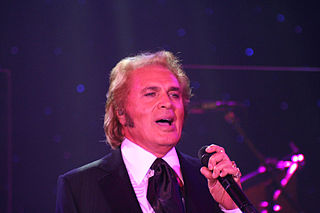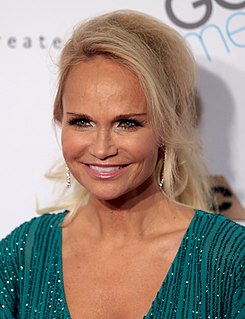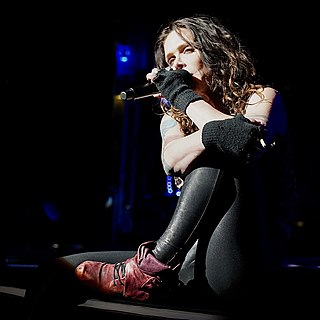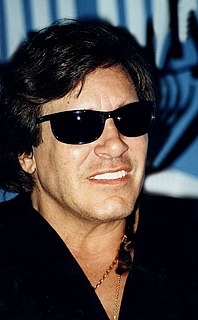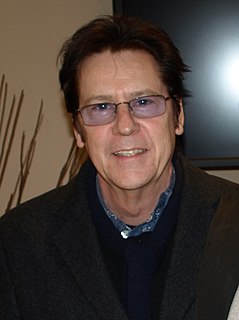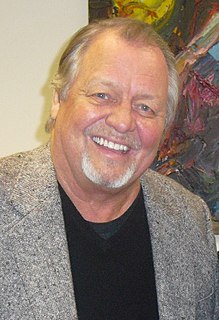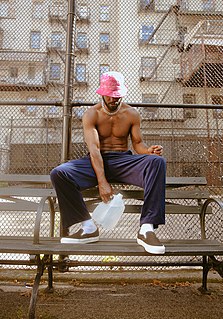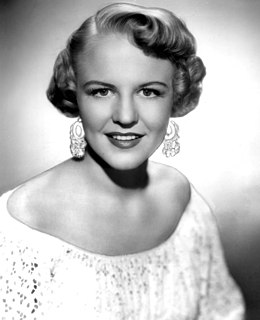A Quote by Engelbert Humperdinck
At seventeen years old, I found out I could sing, and I got up and sang in a club, and I got a big hand, and I thought, 'I'm gonna continue this.' So that's how it all began.
Related Quotes
I auditioned for a solo in church and got it. I was about seven and I sang a song called, 'Jesus, I Heard You Had a Big House' and I remember people standing up at the end and me thinking, 'Oh, I think I'm going to like this.' That's how it all began. Sounds funny to say you got your start in church, but I did.
My goals were small. My goal was to become a big enough stand-up that I wouldn't have to do radio. I could sell out a club, which is like 300 seats. If I got big enough, I could sell before I got there, and I wouldn't have to get up at 6 in the morning to do radio. That was pretty much the dream. I had no idea I'd be playing Madison Square Garden or anything.
I think I copied my style from Louis Armstrong. Because I used to like the big volume and the big sound that Bessie Smith got when she sang ... So I liked the feeling that Louis got and I wanted the big volume that Bessie Smith got. But I found that it didn't work with me, because I didn't have a big voice. So anyway between the two of them I sorta got Billie Holiday.
I used to feel for years and years and years that I was very remiss not to have written a novel and I would question people who wrote novels and try to find out how they did it and how they had got past page 30. Then, with the approach of old age, I began to just think: “Well, lucky I can do anything at all.
I always used to sing in the house and I went to school at Hywel Dda Primary School in Ely. I think they had a puppet-type show there and word got around I could sing. I sang at that puppet performance and used to sing in school. From there, it was in my blood. I didn't want to do anything else but sing.
Before I began The Cider House Rules, I thought I wanted to write about a father-son relationship that was closer, more conflicted, and ultimately more loving, than most. Then I began to think of a relationship between an old orphanage director and an unadoptable orphan - a kid who goes out into the world and fails and keeps coming back, so that the old guy ends up with someone he's got to keep.
I knew I couldn't sing over them, so I decided to sing under them. The more noise they made the more softly I sang. When they discovered they couldn't hear me, they began to look at me. Then they began to listen. As I sang, I kept thinking, 'softly with feeling.' The noise dropped to a hum; the hum gave way to silence. I had learned how to reach and hold my audience -- softly, with feeling.
Beautiful songs could sometimes take a person out of themselves and carry them away to a place of magic. But when Jill sang, it was not about the song, really. She could sing the phone book. She could sing a shopping list. Whatever she sang, whatever the words or the tune, it was so beautiful, so achingly lovely, that no one could listen and be untouched.
